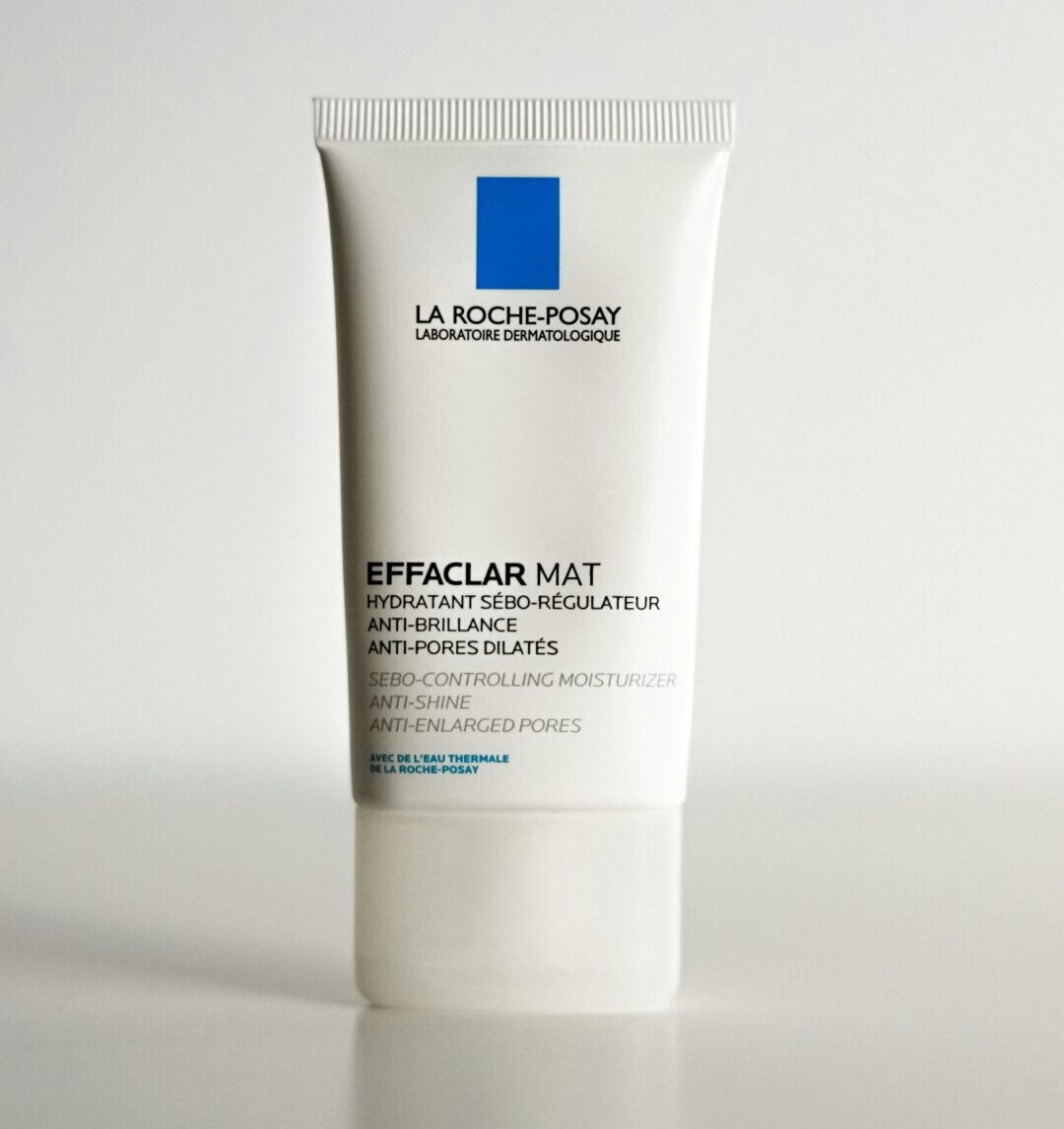The sun protection industry is set to embrace technological innovations with the development of a high-performance, eco-friendly sunscreen. This bright leap forward in skincare and sun protection reforms traditional approaches to the production of sunscreen, leveraging natural and sustainable materials to deliver superior results.
The exciting development blends the use of natural lignin and titanium dioxide, two abundant and highly effective elements in sun protection, to forge a new path for future sunscreen products. This breakthrough was brought to light by the research work of scientists Yarong Li and Zhiguang Tang. Their study published in the Journal of Bioresources and Bioproducts, brought a unique perspective to the science of sun protection products.
A novel feature of this innovative sunscreen is the use of the lignin sub-microsphere. The process involves a dual-modification of lignin, which lifts its sun protection factor or SPF, as well as enhancing the aesthetics of the sunscreen product through improved color tone.
Lignin is a well-known byproduct of the pulp industry that has been lauded for its UV-absorbing and antioxidant attributes. However, its use in sunscreen production has been constrained by its low sun protection factor and its dark color. These obstacles have been skillfully addressed by the researchers through refining the chemical structure and physical form of lignin.
The creative approach in the study led to the attachment of methylene bis-benzotriazolyl tetramethylbutylphenol, commonly known as MBBT, to alkali lignin or AL, creating a new polymer known as AL-g-MBBT. This polymer was then repurposed into tiny spheres, some supplemented with titanium dioxide, and some without it.
The outcome was indeed impressive. Sunscreens formulated with a composition of 10% AL-g-MBBT3 presented an SPF enhancement to a spectacular 42.93. The color of the sunscreen also surprisingly lightened, lending itself favorably to cosmetic applications.
The study further probed to augment the effectiveness of the sunscreen. Accordingly, researchers developed titanium dioxide infused sub-micron spheres, ultimately resulting in sunscreens attaining an SPF of 66.20. Moreover, the sunscreen’s color attractiveness significantly improved.
The eco-friendly sunscreen was also subjected to a series of biocompatibility and photostability tests. It was discovered that the sunscreen maintained its sun protection performance, as well as its color consistency even after three hours exposed to UV rays.
In terms of skin health and safety, the SPF tests on the lignin-based sunscreen proved that it was non-toxic to human keratinocytes, which alludes to its safety for application on the skin. An added note-worthy finding was that the new sunscreen formulation exhibited gentle and safe interaction with human skin. This points to a promising prospect for consumers searching for skin-friendly and eco-conscious skincare products.
This break-through research offers an influential move towards utilizing lignin as an eco-friendly, effective substitute to traditional sunscreen ingredients. By showcasing lignin’s capability to proffer UV protection in harmony with environmental conservation, this scientific analysis paves the way for a ground-breaking generation of sunscreen commodities.
This discovery has immense potential to revolutionize the sunscreen sector, leading to a more sustainable production process, yet without compromising on its ability to protect us from harmful UV rays. The successful creation of this eco-friendly and effective sunscreen certainly marks a redefining moment in the world of skincare and sun protection.





![“Kerassentials Review” : [My Updates Reviews 2024] — Does It Work & Is It Safe? 4 049e8bfe 6112 4c16 aa9b b331dee37d90 “Kerassentials Review” : [My Updates Reviews 2024] — Does It Work & Is It Safe?](https://beautinews.com/wp-content/uploads/2024/10/049e8bfe-6112-4c16-aa9b-b331dee37d90.jpg)